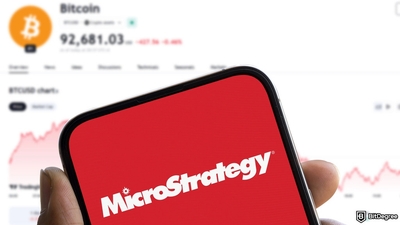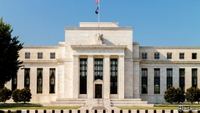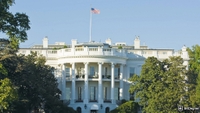Free Airdrop Season 7 is LIVE! Answer fun questions or do simple tasks to earn rewards from the $30K BitDegree prize pool. Participate Now ! 🔥
IMF Claims Marshall Islands Face Threats from Climate Change, DAOs and CBDC
IMF claims the RMI is ill-equipped for technological endeavors, like CBDC and DAOs.
Situated within the Central Pacific, the Republic of the Marshall Islands (RMI) has finished its annual consultation with the International Monetary Fund (IMF).
The nation is anticipated to witness an uptick in its GDP, bouncing back from the fiscal consequences of the COVID-19 pandemic and the downturn of its fishing industry.

Did you know?
Subscribe - We publish new crypto explainer videos every week!
How to Learn Crypto The Easy Way? (Trending Beginners' Strategy)


However, according to the IMF, looming threats like climate change and the rise of decentralized autonomous organizations (DAOs) persist.
The RMI, a low-lying nation scattered over a thousand islands with an average altitude of six feet above sea level, is home to approximately 56,000 residents. Last year, it reported a GDP of $261 million.
The sale of a single fishing vessel in 2022 resulted in a 4.5% dip in the nation's GDP, illustrating its economic fragility.
The IMF emphasizes the necessity of fiscal restructuring in the RMI before a new Compact of Free Association with the United States is implemented in 2024. It further warns that ventures in the fintech space could potentially jeopardize the RMI's financial stability.
In 2022, the RMI legally recognized DAOs and permitted them to register as limited liability companies within its jurisdiction, raising concerns for the IMF. The institution stated:
The enactment of the DAO Act and the move to start registration of DAOs <…> are especially concerning given the capacity constraints and questions regarding the understanding of the authorities to adequately regulate and supervise these initiatives.
As such, the IMF has suggested halting DAO registrations. They further recommend the establishment of a monetary authority before proceeding with DAOs. However, it is unknown whether any DAOs have been officially registered within the country.
Adding to the RMI's challenges, the nation risks losing its last US dollar correspondent account due to apprehensions related to its fintech initiatives and "offshore sector" concerning Anti-Money Laundering and Counter-Terrorist Financing.
Therefore, the IMF has also urged the RMI to stop working on its central bank digital currency (CBDC), the SOV. While the IMF typically holds a positive outlook on CBDCs, it stated that the nation is ill-equipped for such an endeavor.
However, IMF's comments are only recommendations. In May, the agency recommended Zimbabwe to not move forward with its gold-backed digital tokens. Despite that, the country launched digital assets and, in May, sold 14 billion Zimbabwean dollars, approximately $39 million, worth of gold-backed digital tokens.























